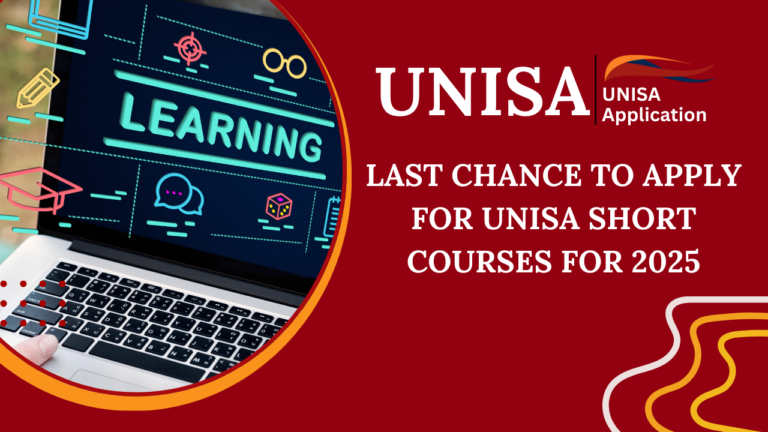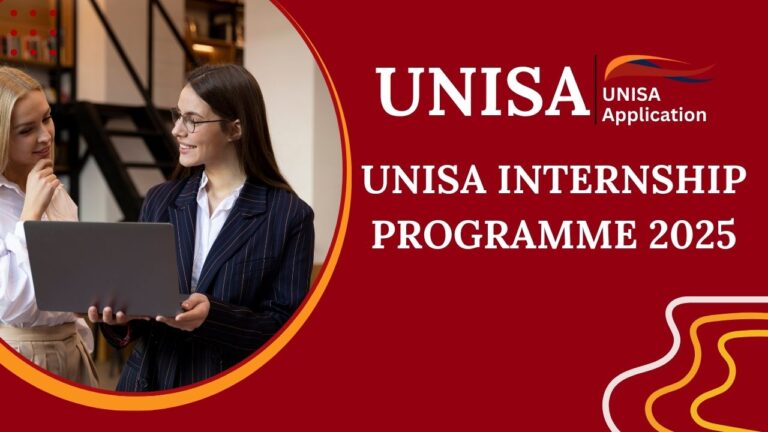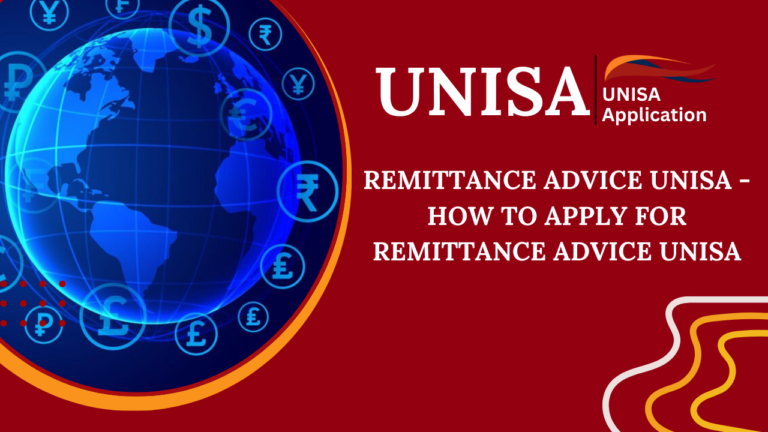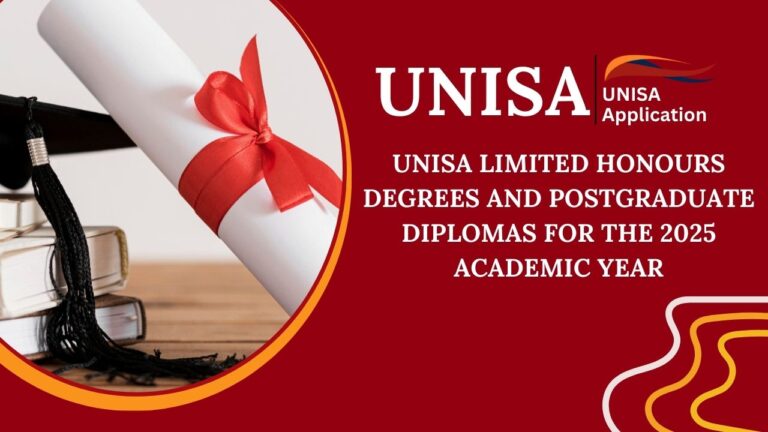What is the Primary Focus of UNISA’s Strategy?
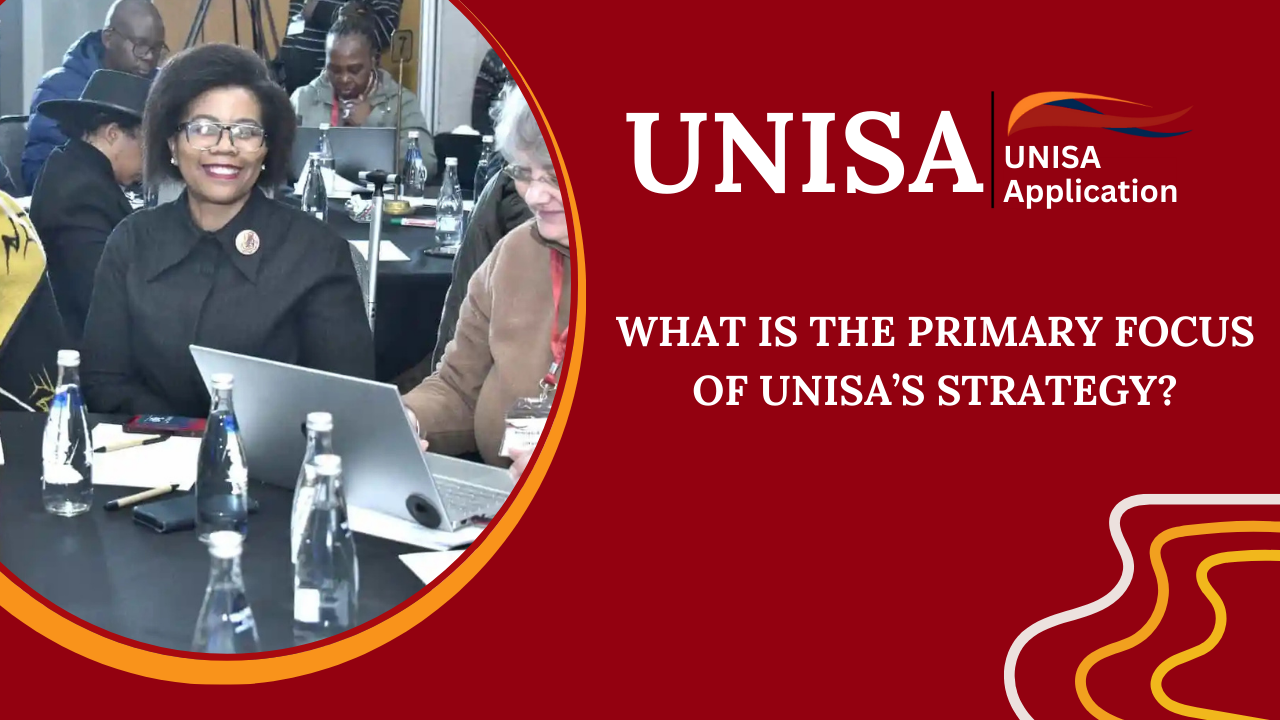
What is the Primary Focus of UNISA’s Strategy? The University of South Africa (UNISA) has long been recognized as one of the leading institutions in South Africa for providing higher education to diverse and underserved communities.
Established with the purpose of expanding access to quality education, UNISA’s strategy centers around serving communities and individuals, making education more accessible to those from varied backgrounds, including individuals from disadvantaged communities.
What is the Primary Focus of UNISA’s Strategy?
UNISA’s primary strategic focus is to serve communities and individuals by offering an inclusive, diverse, and quality-driven educational experience. This approach is embedded in the institution’s vision and mission, focusing on removing barriers that may otherwise limit access to education.
1. Making Education Accessible to All
One of the key aspects of UNISA’s strategy is making education accessible to everyone, especially those who might not have the resources or ability to attend traditional on-campus universities. Through its distance learning model, UNISA provides flexible study options to people from all walks of life, including full-time workers, individuals with disabilities, and those living in remote areas.
By embracing online education and distance learning, UNISA breaks down geographical and socio-economic barriers. This ensures that individuals in disadvantaged communities or rural areas can still gain access to higher education without the need to relocate or incur hefty expenses associated with traditional learning formats.
2. Catering to Diverse Student Needs
Serving communities and individuals also involves recognizing and addressing the specific needs of a diverse student population. UNISA provides tailored support systems such as academic guidance, tutoring services, career counseling, and student wellness programs. This ensures that each student, regardless of their background, has the resources and support they need to succeed academically.
Moreover, UNISA’s strategy promotes diversity, offering undergraduate and postgraduate programs in various fields. This enables the institution to reach out to a wider range of students with diverse academic and professional aspirations.
3. Supporting Disadvantaged Communities
Another vital focus of UNISA’s strategy is empowering disadvantaged communities. Many South Africans, particularly those in rural and marginalized areas, face significant barriers to accessing higher education.
UNISA’s affordable tuition and financial aid options are designed to support these individuals, making education a reality for those who might not otherwise be able to afford it.
By providing access to education in such communities, UNISA is contributing to breaking the cycle of poverty and creating more opportunities for individuals to improve their social and economic standing. As a result, UNISA is playing a crucial role in social mobility and empowerment.
4. Improving Skills and Employability
Another major objective of UNISA’s strategy is to equip students with the skills and knowledge required to succeed in the global workforce. Through relevant academic programs and industry-aligned curricula, students are given the tools to meet the demands of today’s job market.
In line with South Africa’s economic goals, UNISA’s strategy places an emphasis on offering qualifications that enhance employability, ensuring that graduates are ready to contribute meaningfully to the nation’s growth and development.
5. Creating an Inclusive Learning Environment
UNISA’s strategy is also about creating an inclusive learning environment. By offering programs in multiple languages and fostering a culture of inclusivity, the university ensures that students from different backgrounds feel welcome and supported. This inclusive approach not only strengthens academic performance but also nurtures a sense of belonging among students.
6. Fostering Research and Community Engagement
In addition to serving individuals, UNISA’s strategy also emphasizes the importance of community engagement.
Through various research initiatives, UNISA contributes to addressing real world challenges faced by communities, particularly those that are economically disadvantaged. By encouraging students and faculty to engage in community outreach projects, UNISA ensures that its impact extends far beyond the classroom.
7. Sustainability and Long-term Impact
UNISA’s commitment to serving communities and individuals is not just about short-term educational achievements. The institution is also focused on creating long-term positive impacts through sustainable education. By offering affordable programs, scholarships, and research opportunities, UNISA is playing a key role in shaping a better future for students, communities, and the country as a whole.
Conclusion
The primary focus of UNISA’s strategy is clearly centered on serving communities and individuals. Through its inclusive educational offerings, tailored support systems, and strong emphasis on community empowerment, UNISA is making higher education accessible to individuals from diverse socio-economic backgrounds, particularly those in disadvantaged communities.

